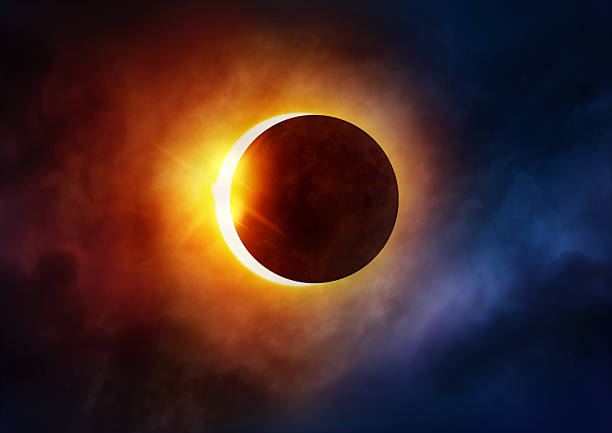What happens during an eclipse of the Sun?
A solar eclipse fully blocks the Sun because the Moon passes between Earth and the Sun. Even though the Moon is considerably smaller than the Sun, it may completely obscure the Sun's light from Earth's perspective because it is just the appropriate distance away. The Moon passes between the Earth and the Sun during a complete solar eclipse. This entirely shuts out the brightness of the Sun. The Moon, on the other hand, is 400 times smaller than the Sun. But it all comes down to the distance between the Earth and the Sun, as well as the Earth and the Moon.
However, there would be a quick drop in temperature, making survival more challenging. Because the sun is the center of gravity in our solar system, its departure would cause temporary anarchy among the remaining components, and the system may establish a new center after a few collisions. Perhaps Jupiter, or a new massive planet created as a result of Jupiter colliding with other things orbiting the sun. If Earth is fortunate enough to dodge these collisions and does not just fly out into space, it may begin to revolve around the new center. As a result, when the Moon passes between Earth and the Sun during a total solar eclipse, the Moon seems to fully block the Sun's light.













